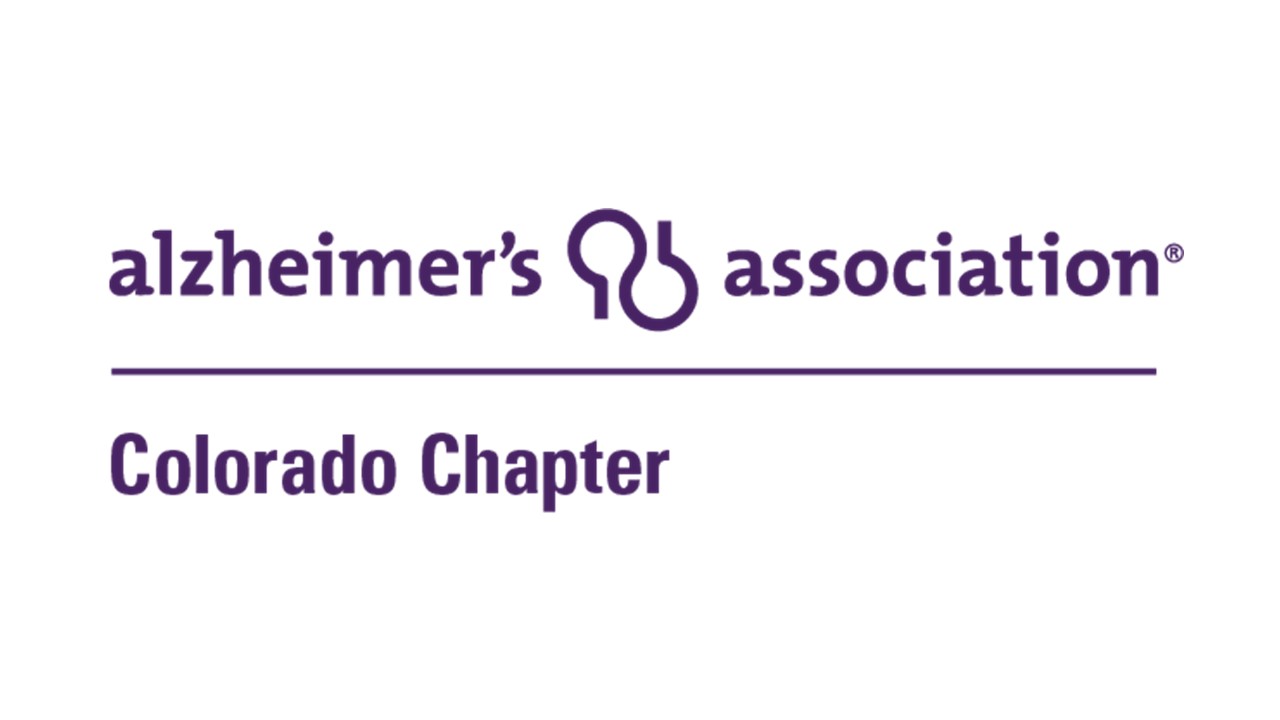AARP Hearing Center

Contact: Jim Herlihy, Marketing & Communications Director (720) 699-9286 or jherlihy@alz.org
As Tax Day draws near and people are looking closely at their finances, the Alzheimer’s Association encourages families to proactively plan for the potential financial impact of the most expensive disease: Alzheimer’s and other forms of dementia.
The numbers are staggering for the sixth-leading cause of death in the United States and the only major disease without a prevention, treatment or cure: nearly 6 million Americans are living with Alzheimer’s or another form of dementia, including 76,000 Coloradans. Globally, the total is 50 million, and someone new develops Alzheimer’s every 3 seconds.
Total annual payments for U.S. families caring for those with Alzheimer’s and other dementias are approaching a third of a trillion dollars ($305 billion). For individual caregivers, average out-of-pocket costs for medical care, personal care and household expenses average $11,372 annually. And the cost of memory care can range from $5,000 to $10,000 per month.
“The financial toll of Alzheimer’s and other forms of dementia is crippling,” said Amelia Schafer, executive director of the Alzheimer’s Association of Colorado. “Sadly, very few families are prepared for the cost of care, or realize how little of that cost is covered by insurance.”
A recent Alzheimer’s Association report found that nearly two out of three people incorrectly believe that Medicare helps pay for nursing home care, or were unsure whether it does.
Preparing for retirement – and Alzheimer’s
The challenge for families – particularly those where there may be a family history of Alzheimer’s that suggests a higher potential risk – is that the vast majority of people are already unprepared for the cost of a healthy retirement. For those affected by dementia, the impact could be devastating.
“During tax season, we take stock of our financial resources,” said Schafer. “This is the ideal time to look at retirement planning and anticipate the possibility of long-term medical care. It is important to have financial and legal plans in place to address your wishes for future care.”
The Alzheimer’s Association encourages people to conduct an inventory of their financial resources, including savings, insurance, retirement benefits, government assistance and VA benefits, and to consult with a financial planner or elder care attorney to review options.
Tax benefits for caregivers
Beyond anticipating future medical expenses, it is important for those who are serving as unpaid caregivers for loved ones to understand that they may be eligible for tax benefits from the Internal Revenue Service (IRS) if they have paid some care costs out of their own pockets. Tax rules are complex and can change, so individuals are advised to consult with a tax adviser or accountant.
To learn more about financial and legal planning for Alzheimer’s caregivers, click here or call the Alzheimer’s Association free 24/7 Helpline at 800-272-3900. For information on a free live Legal & Financial Planning for Alzheimer’s webinar, scheduled for 2 to 3 p.m. Monday, Feb. 8, click here or call the 24/7 Helpline.
The urgent case for finding an Alzheimer’s cure
The financial impact of Alzheimer’s disease and other dementias already is staggering for the U.S. collectively, and the cost is only expected to grow. Today, $1 of every $5 in Medicaid funds goes to provide care for persons living with dementia. Since Alzheimer’s is the only major disease without a prevention, treatment or cure, and our country’s population is aging, those numbers will only get worse. If no cure is found by 2050, it is estimated that $1 of every $3 in Medicaid funds will go toward dementia care.
“As the number of people living with dementia rises, the burden on our public health systems will be unsustainable,” said Schafer. “This only underscores the need for families to plan ahead. As time passes and until a cure is found, we can expect that we will need to assume an increasing share of the cost of care for our loved ones living with Alzheimer’s disease. Planning for that is essential.”
**The AARP Tax Aide web page www.aarpfoundation.org/taxaide will be going live on February 9th. At that time, you will be able to get information on how you can get your taxes prepared (enter your zip code to find out what options are available in your area). You may also call 1-888-AARP NOW (1-888-227-7669) or email taxaide@aarp.org with general Tax Aide questions.
Tax Aide will offer a variety of tax preparation assistance options this year – from in-person, to low-contact, to no-contact models, to self-preparation:
TAXPAYER SELF-PREPARATION OF TAX FORMS:
- Prepare your own taxes (using tax filing software offered free from AARP)
- Request virtual coaching (you fill out your own tax forms, but want to confirm entries with an IRS-certified counselor, virtually)
VOLUNTEER PREPARATION OF TAX FORMS (Note: Not all of these options will be available in all areas. These will be offered by appointment only—NO WALK-INS):
- Contact-free (Tax Aide volunteers, working from home, receive scanned/emailed copies of tax documents from taxpayer to prepare, finalize and e-file returns, with no in-person contact)
- Drop-Off (taxpayer brings documents to a site, they are checked by volunteer, taxpayer leaves while tax filing is prepared, and taxpayer returns later to claim tax forms and documents)
- Low-Contact (Tax Aide volunteers receive scanned/emailed copies of tax documents from taxpayer to prepare, finalize and e-file returns, with 1 or 2 limited encounters with taxpayer)
- Traditional Scan (Tax Aide volunteers receive scanned/emailed copies of tax documents from taxpayer to prepare, finalize and e-file returns, with 2 in-person visits with taxpayer to complete)
- Modified In-Person (Taxpayer comes to site, delivers necessary tax documents, waits at site while tax forms are prepared and returned to taxpayer)
- Traditional In-Person (Taxpayer comes to site, sits with Tax Aide volunteer while they prepare the tax forms)
Note: Social distancing, face coverings and sanitizing of all surfaces will be required for options #2-6.































































